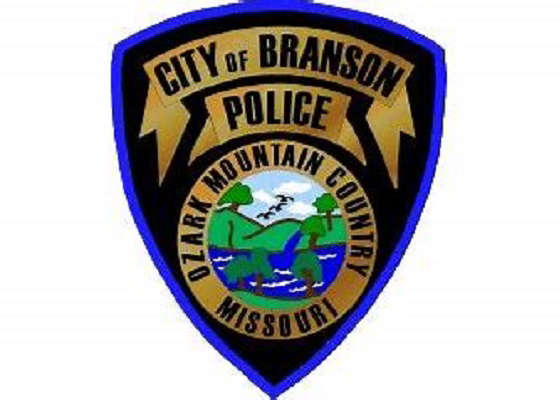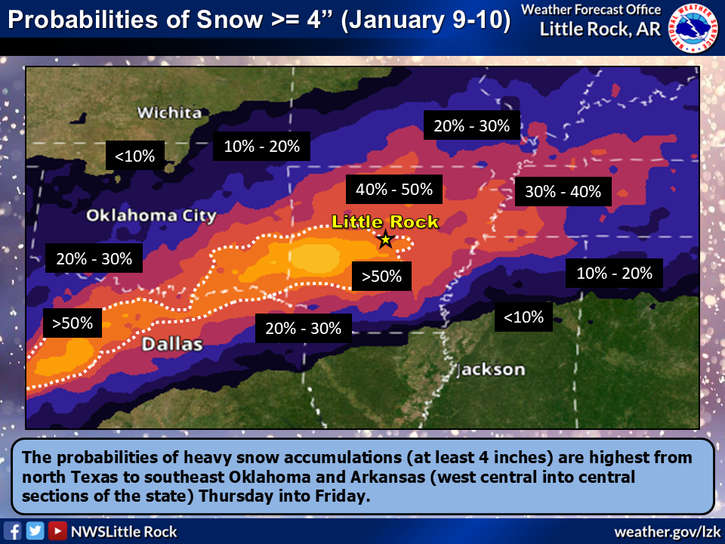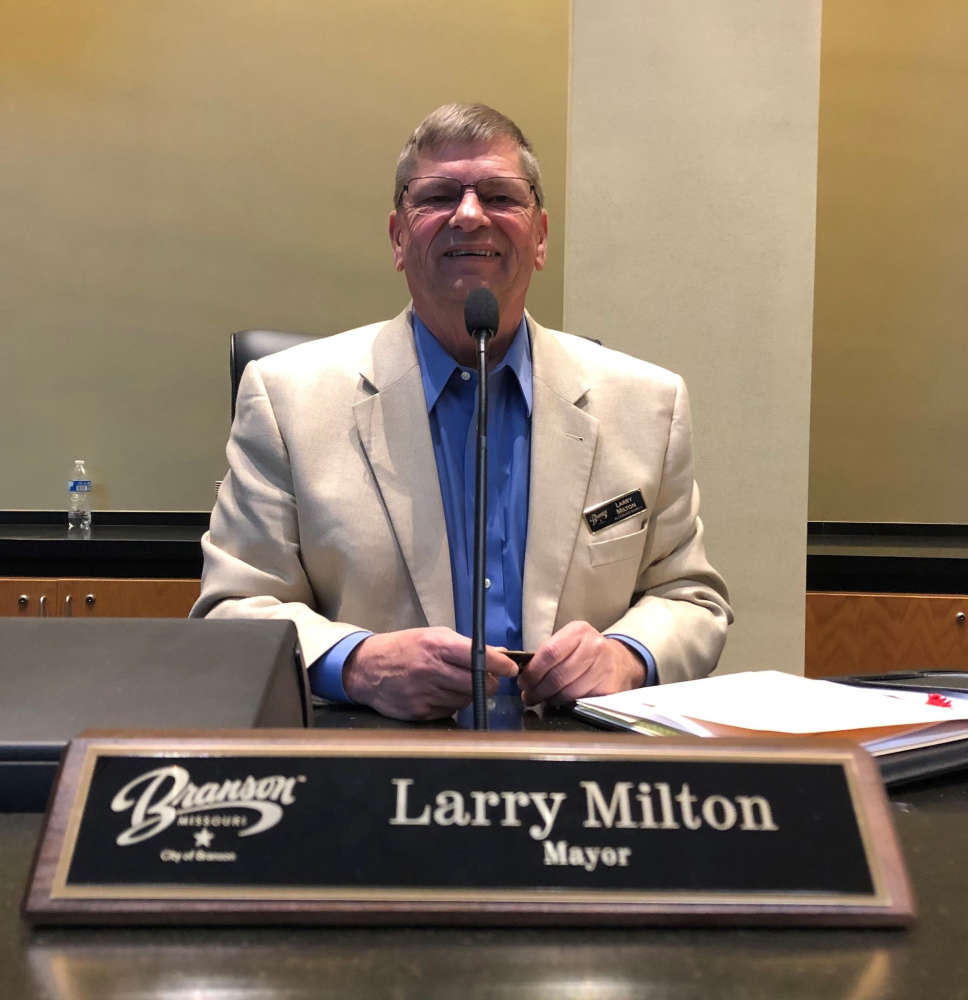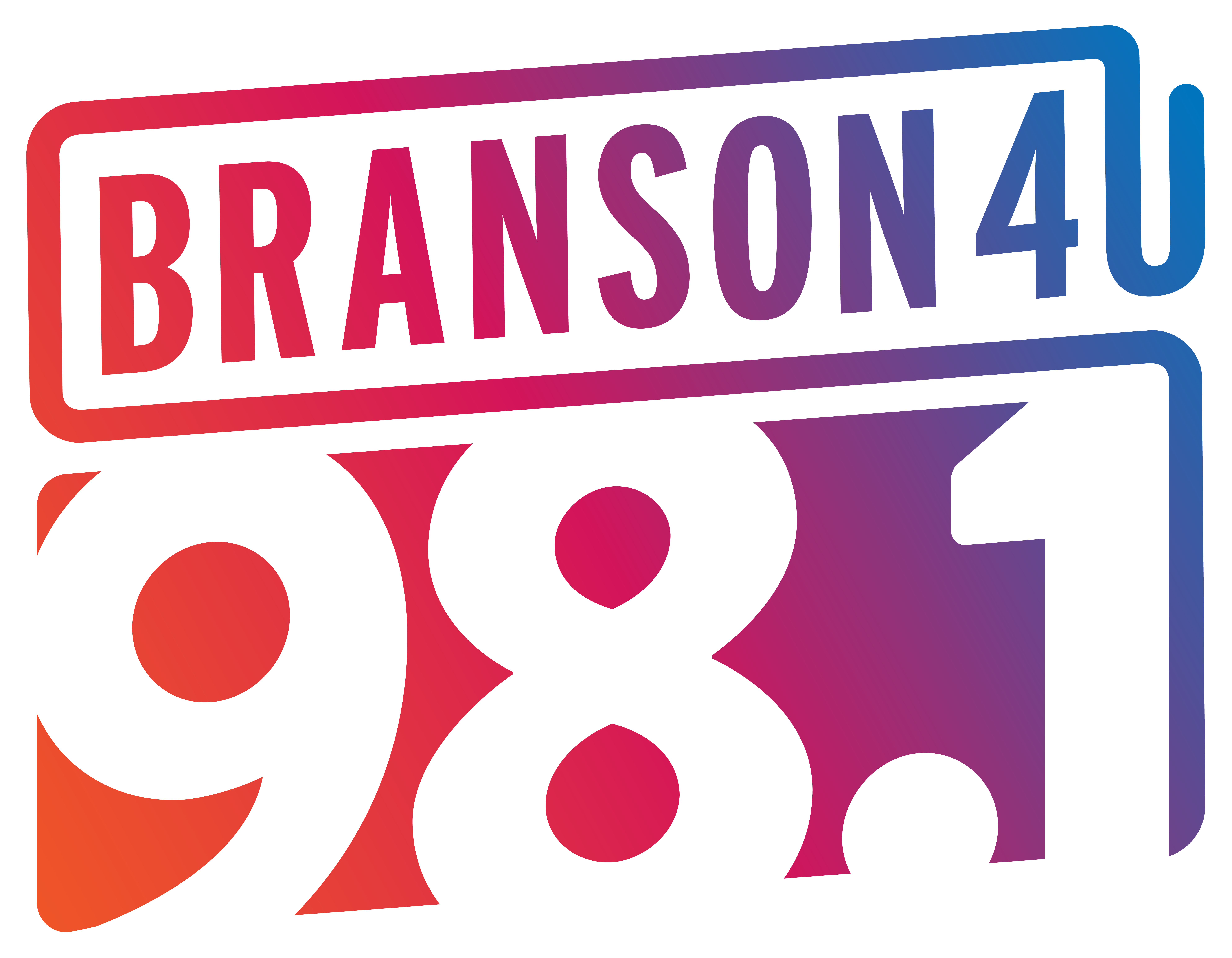
The Branson Police Department recently reported on online scams and offer ways to counter scammers, according to a Branson government press release.
The full press release is below:
(Branson, MO 7/12/2024) Branson Police report that over the past several months, elderly residents of Branson, and in the region, have reported being victims of online scams. The scams typically start with the victims receiving unsolicited emails or telephone calls from scammers claiming to be tech support associated with INTUIT, Norton Antivirus, or United States Federal Agents. The scammers will attempt to gain the victims’ confidence and will work to isolate their victims from family, friends -- and especially law enforcement.
“Once the scammers establish communications, the victims are instructed to download software or Apps that allows the scammer to access the victims’ devices and personal information, including bank accounts, credit cards, and sensitive personal information,” said Branson Police Chief, Eric Schmitt, explaining how the software allows the scammers to track their victims’ movements and maintain the ability to stay in constant communication to direct victims to perform specific tasks.
“These tasks include conducting cash withdrawals from bank accounts, instructions how to navigate and send Bitcoin via local kiosks and converting cash into gift cards,” Chief said. “Furthermore, these scammers create networks of other scammers, who identify themselves as federal law enforcement officials, attorneys, or representatives of companies in order to persuade victims their actions are legitimate,” said Chief.
How to fight back!
- If you receive an unsolicited email or telephone call from a caller claiming to be a representative of a government agency, tech support for a software company or financial institution, don’t take their word for it. Instead, use telephone numbers you have previously used and verified to contact your bank, Software Company, or government
- If a caller is claiming to be a representative of your bank, go to the bank in person and verify the person is employed by the bank.
- If you are convinced the caller is legitimate, share your experience with a family member, friend, banking representative, or law enforcement before sending any money. Remember, never give out any personal information including bank account information, passwords, or any other personal information.
- If you are asked to send money via Bitcoin, gift cards, or monetary instrument outside of your normal bill payment, DON’T. This is proof of a scam!
- Never download any software or Apps as instructed by the scammers. They will use the programs to gain access to bank accounts or other personal data, in addition to tracking the victims’ movements. If you downloaded Apps or software, delete it, update security software, and when in doubt contact a cyber security expert for help.
- Cease all communications with the scammer and report the incident to law enforcement immediately.
- If personal information or data has been compromised, immediately change passwords and notify the financial entities involved and credit bureaus.
“We ask you to please review this information with loved ones and friends who might need some guidance in protecting themselves in the cyberworld of today,” said Chief. “It’s important we educate the community, especially our seniors, on how to protect against bad players,” Chief Schmitt concluded.
The above press release is from the Branson government.






 Snow Chances Increase Thursday Night into Friday
Snow Chances Increase Thursday Night into Friday
 Milton: Meeting to Update Downtown Improvement Project
Milton: Meeting to Update Downtown Improvement Project
 Branson School Superintendent Brad Swofford Announces Retirement
Branson School Superintendent Brad Swofford Announces Retirement
 Branson Parks and Recreation to host Meeting on Stockstill Skate Park Renovations
Branson Parks and Recreation to host Meeting on Stockstill Skate Park Renovations





